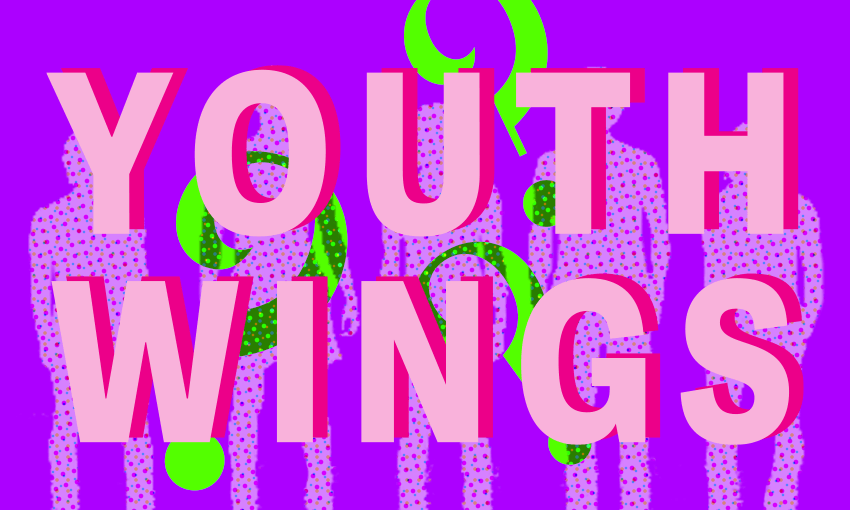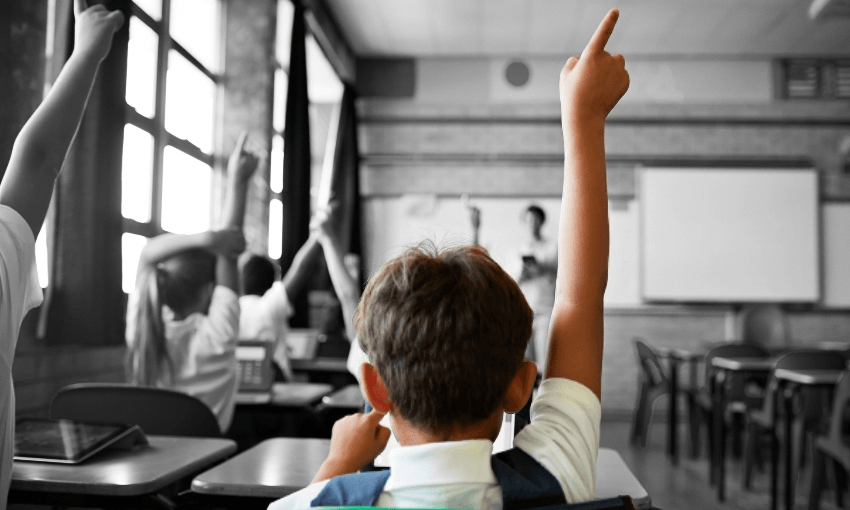National is on course to govern with Act in support, based on new polling by Verian (Kantar) for 1News. Support for Labour, meanwhile, has dropped into the 20s for the first time six years.
The poll puts National on 37%, up two points from the previous a month ago, with Labour on 29%, down four points. Act rises by a point to 13%, with the Greens up two to 12%. New Zealand First is edging closer to the threshold on 3.7% (up one) with Te Pāti Māori on 2.6%. Freedoms NZ is on 0.7% with TOP and ALCP on 0.6%.
Translated into seats in parliament, National would have 48, with 17 from Act making a combined 65 of a likely 120 seats.
If you topped up NZ First’s number in this poll, for argument’s sake, to 5%, National and Act would still win enough seats (62) to govern without going cap in hand to Winston Peters.
Chris Hipkins falls three points to 21% in the preferred by prime minister stakes, with Christopher Luxon steady on 20%. That’s a paltry 41% of decided voters combined. David Seymour is down one to 6% and Peters up one to 3%.
Hipkins told 1News that Labour's campaign "hasn't even started yet", and that "I'm absolutely determined we're going to go into this campaign, we're going to campaign hard, we're going to turn this around and we're going to win."
Luxon said, "what we're seeing is a government that is tired, it's out of ideas, frankly it's out of touch and I think it's increasingly out of time."
Labour last week confirmed a widely criticised policy to exempt GST from fresh and frozen fruit and vegetables as well as other cost of living measures and a new pledge for parental leave, but only the latter half of the polling period, from August 12 to August 16, came after those announcements.






